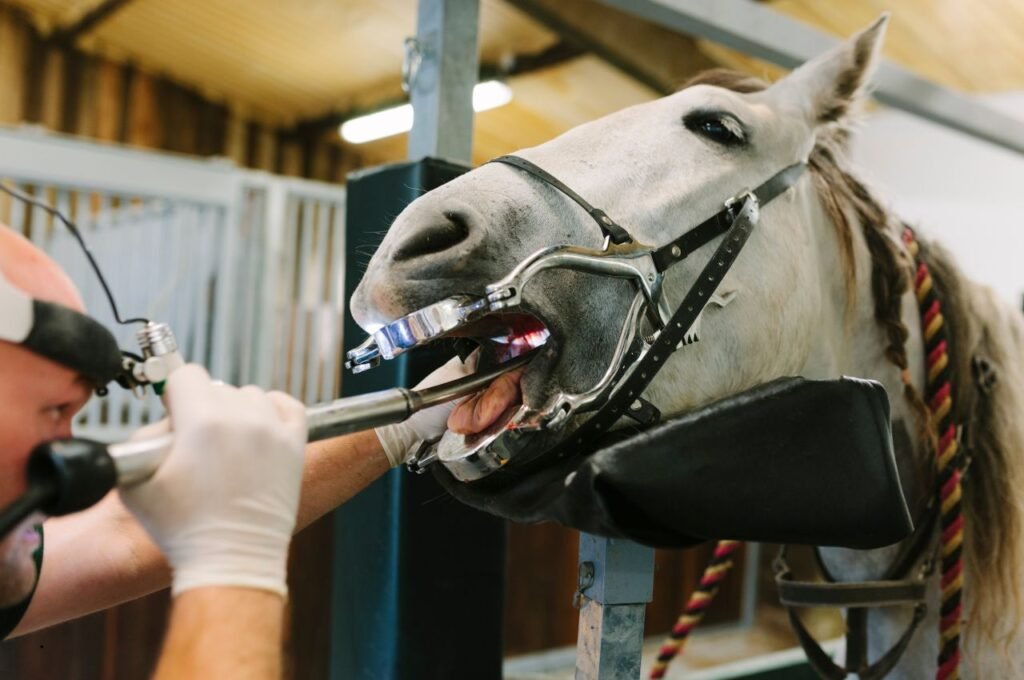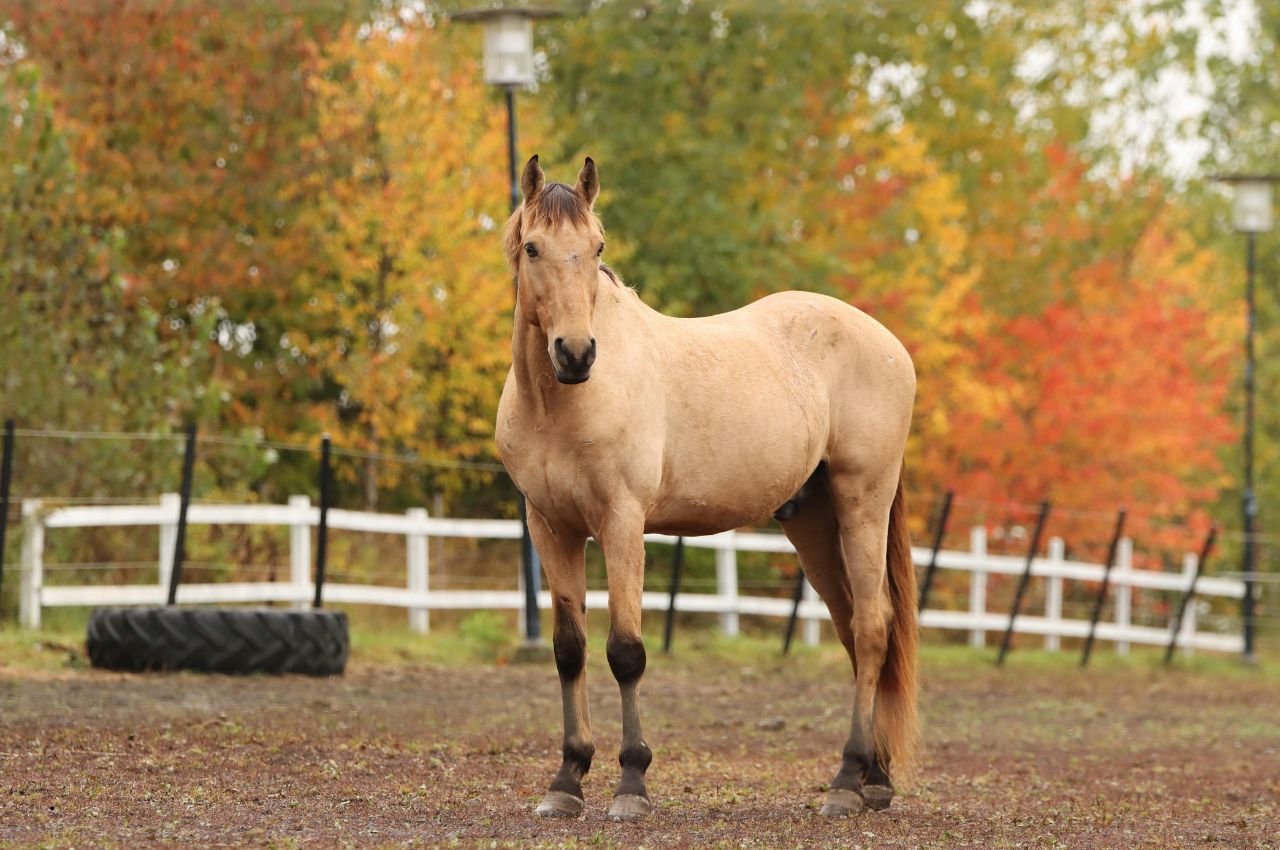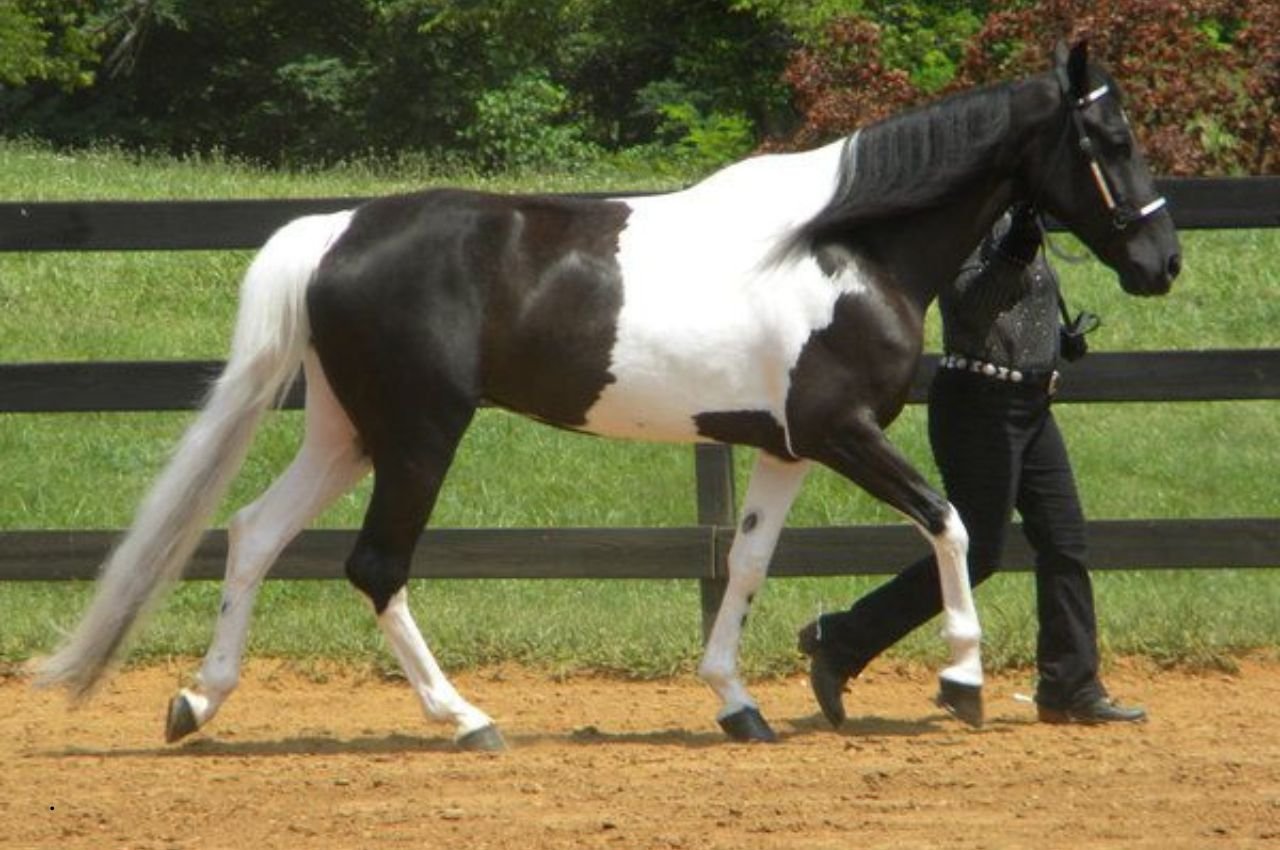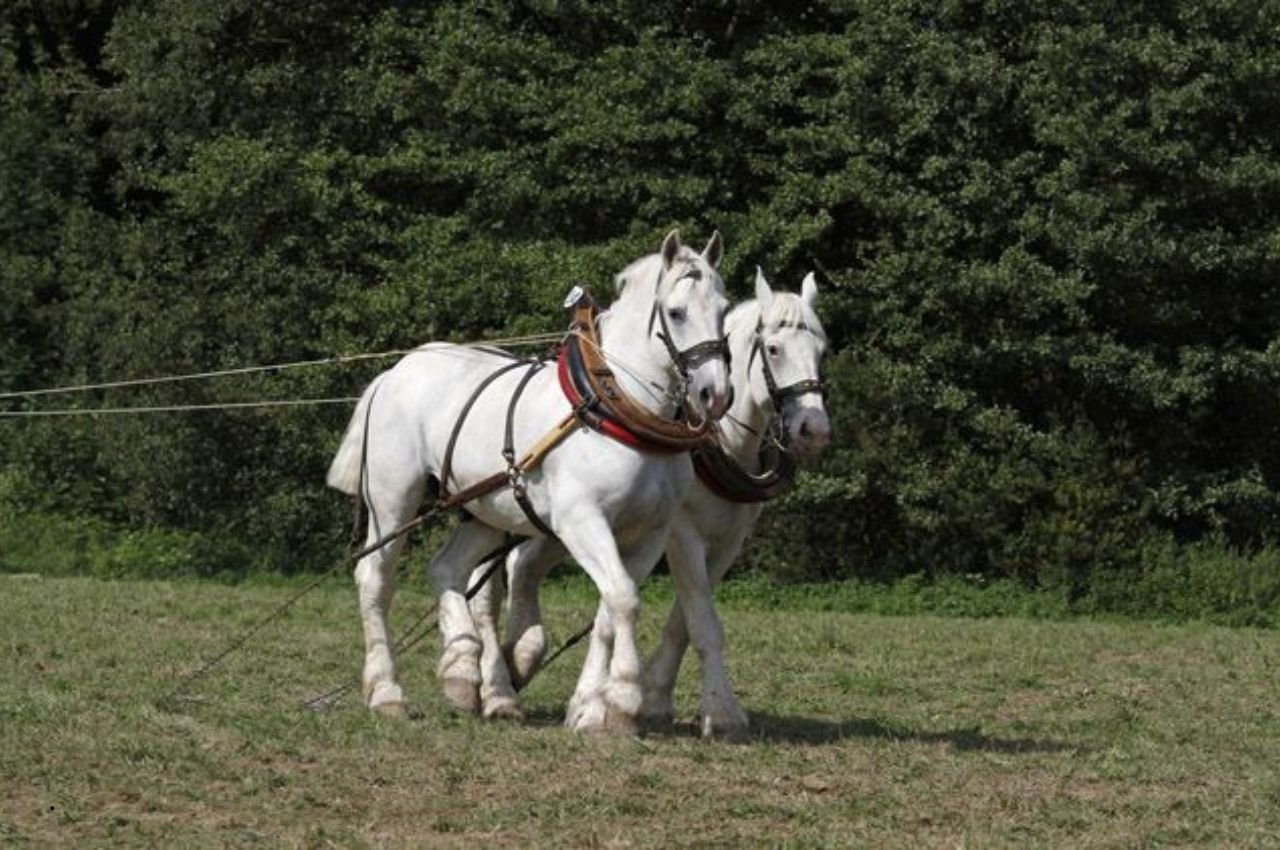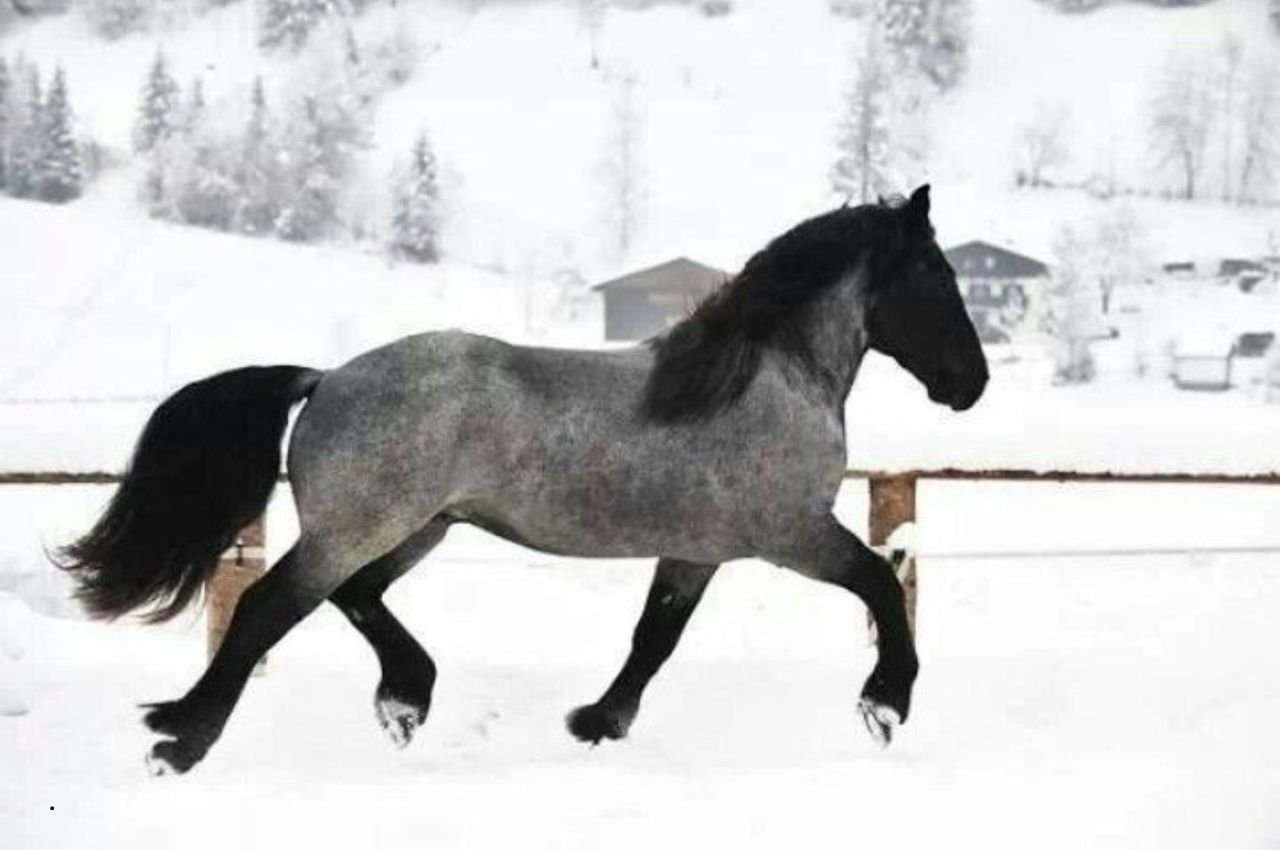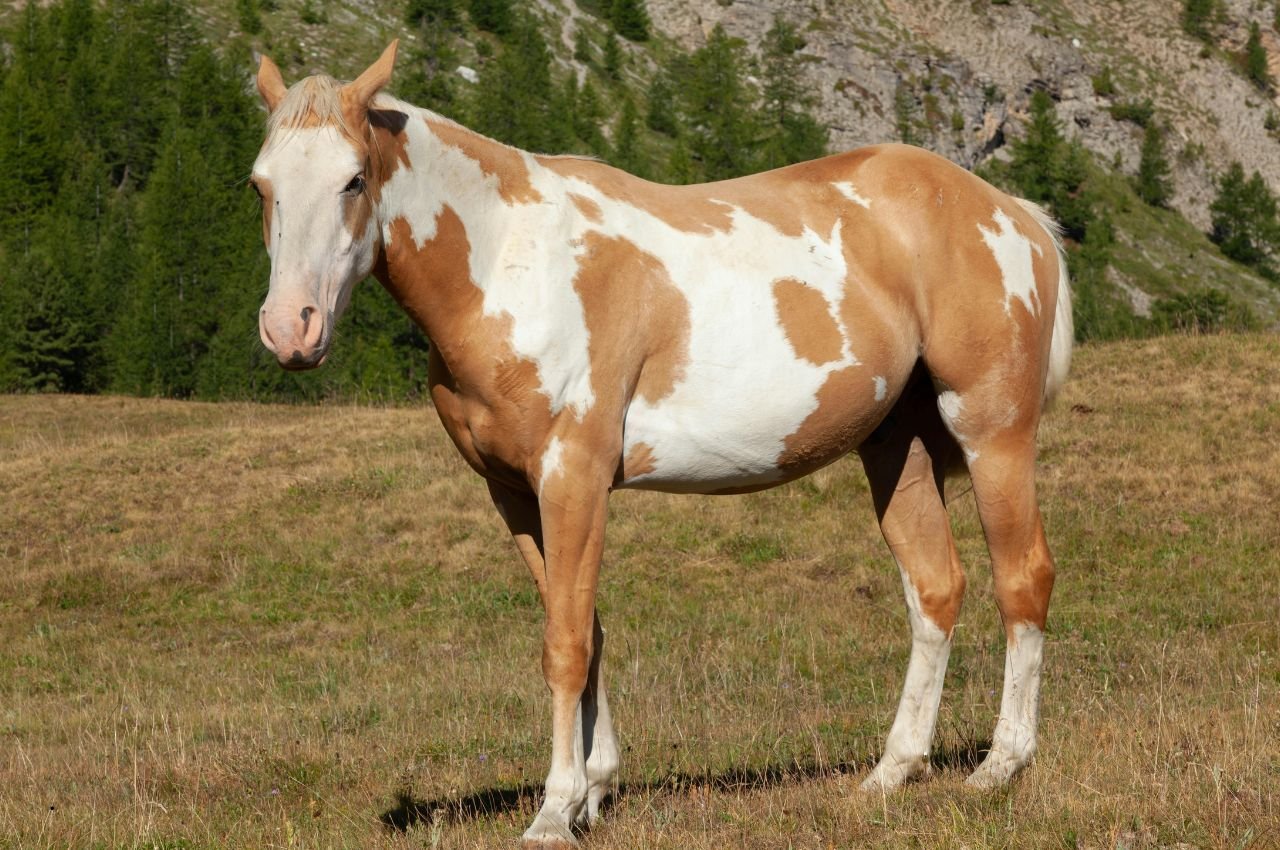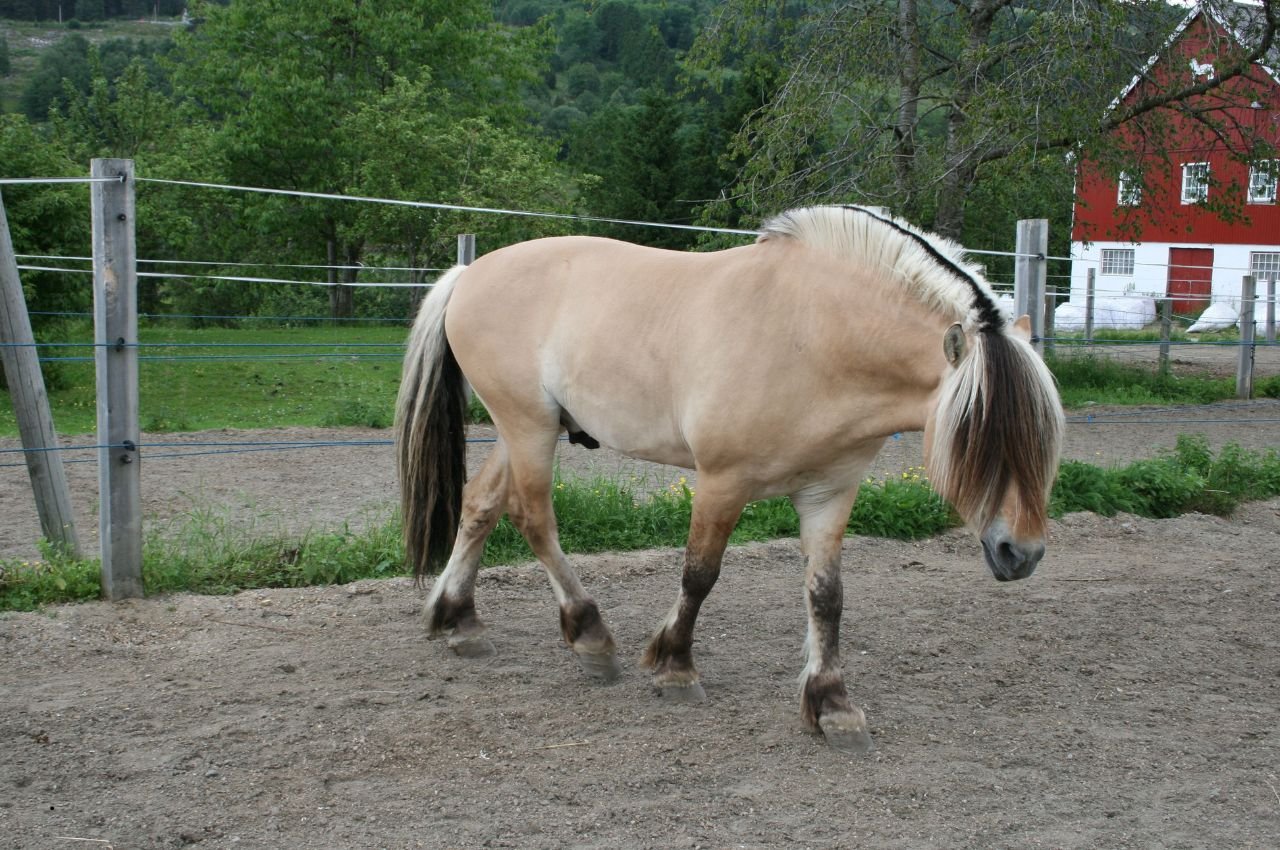Maintaining good horse dental health is essential for your horse’s overall well-being. Healthy teeth help your horse chew properly, maintain condition, and avoid pain, behavioral issues, and digestive problems. Since horses’ teeth grow and change throughout their lives, regular dental care is a critical part of equine management.
In this post, we’ll cover 5 practical tips to ensure your horse’s teeth stay healthy and strong for years to come.
1. Schedule Regular Dental Exams with an Equine Dentist
Routine dental checkups are the cornerstone of horse dental health. Most horses need a dental exam once or twice a year, depending on age, workload, and dental history.
What to Expect During a Dental Exam:
- Examination of teeth and mouth: The vet or equine dentist checks for sharp points, uneven wear, and signs of disease or infection.
- Floating (filing down teeth): Corrects sharp edges or imbalances that can cause discomfort or chewing problems.
- Checking for abnormalities: Such as hooks, waves, or missing teeth.
Early detection of dental issues can prevent serious complications later on.
2. Watch for Signs of Dental Problems
Horses can’t tell you they have a toothache, so it’s important to recognize the subtle signs that something might be wrong.
Common Signs of Poor Horse Dental Health:
- Dropping or spilling feed (quidding)
- Excessive salivation
- Weight loss or poor condition
- Head tossing or resistance while being ridden
- Bad breath or swelling around the jaw or cheeks
If you notice any of these symptoms, schedule a dental evaluation immediately.
3. Feed with Dental Health in Mind
Feeding practices can have a direct impact on horse dental health. Horses naturally wear down their teeth by grazing, but modern feeding methods can alter this natural process.
Feeding Tips for Dental Wellness:
- Provide ample forage: Long-stemmed hay or pasture grazing helps naturally grind teeth and reduce sharp points.
- Avoid overly processed feeds: Soft pelleted feeds can reduce chewing time and lead to uneven wear.
- Moisten feeds for older horses: If your horse has missing or painful teeth, wetting feed can make it easier to chew and digest.
Feeding appropriately supports not just nutrition but also natural dental maintenance.
4. Manage Dental Care by Age and Life Stage
Dental needs change over the course of a horse’s life, so it’s important to adjust care accordingly.
Age-Specific Dental Considerations:
- Foals and young horses (0–5 years): Monitor for retained baby teeth or erupting adult teeth.
- Adult horses (6–15 years): Schedule routine floating and monitor for wear patterns.
- Senior horses (16+ years): Older horses often have worn, missing, or loose teeth and need more frequent checkups and softer diets.
Regular dental exams tailored to life stage help preserve tooth function as long as possible.
5. Keep the Whole Mouth Healthy—Not Just the Teeth
Horse dental health also includes the gums, tongue, and jaw. Infections, abscesses, or ulcers can cause pain and interfere with eating and performance.
Tips for Whole-Mouth Health:
- Use a bit that fits properly and is gentle on the mouth.
- Check for cuts, swellings, or lesions during grooming.
- Work with your vet to monitor jaw alignment and TMJ function if your horse shows resistance to bridling or riding.
Mouth health impacts comfort, training, and long-term dental function.
Make Horse Dental Health a Priority
A healthy mouth is essential for a healthy horse. By following these 5 tips for horse dental health, you can help your horse maintain good body condition, better performance, and overall comfort.
Investing in routine dental care isn’t just about preventing problems—it’s about ensuring your horse can eat, work, and live comfortably at every age.

